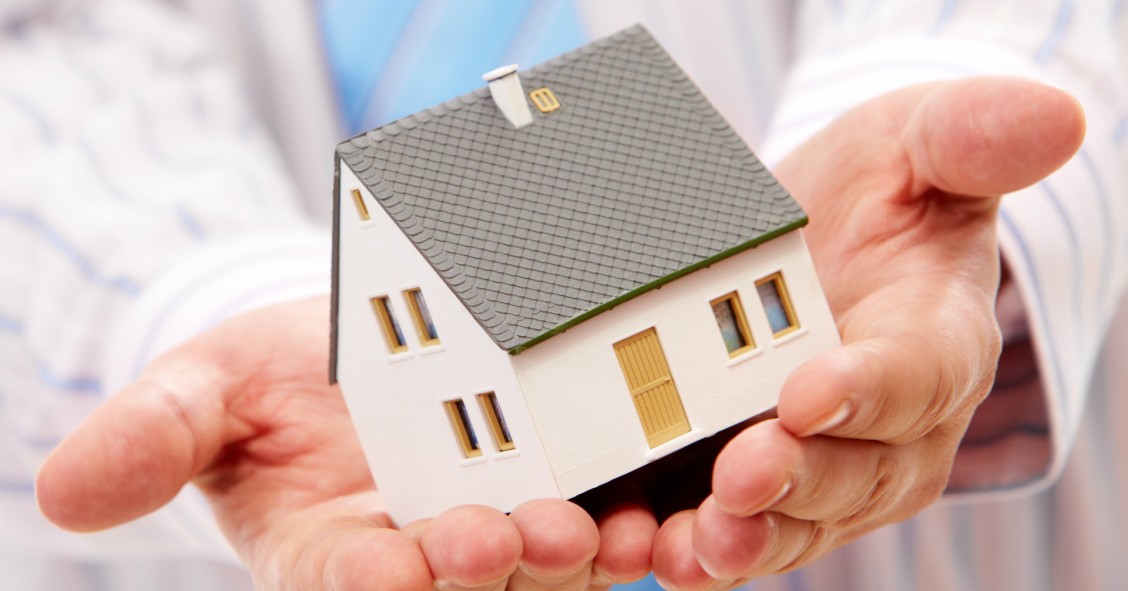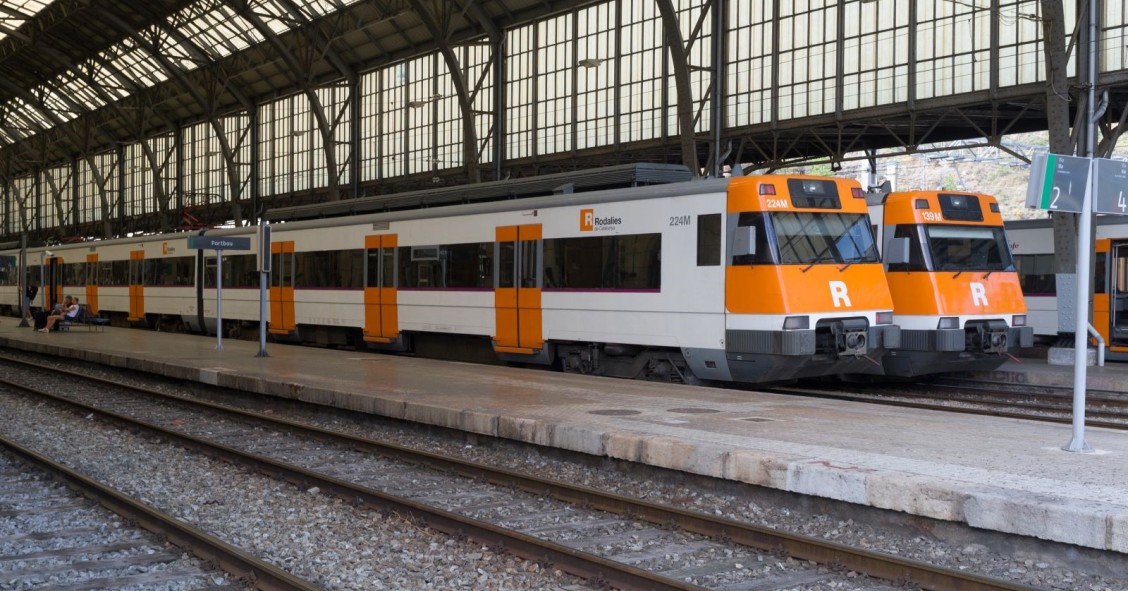
When buying or selling a home, the process involves not only the value of the property itself but also additional costs such as notary fees, property registration, taxes and other administrative expenses.
A common question arises: which costs of a property transaction are the buyer's responsibility, and which fall to the seller in Spain? The answer varies, as purchasing a flat in Granada is not the same as buying one in Barcelona. Differences in property values based on location are a factor, but so too are the variations in how taxes are applied across Spain’s autonomous communities.
To clarify, we will outline the costs the seller must cover and those that are the buyer’s responsibility, ensuring you have a clear understanding of all possible scenarios.
Home buyer expenses
Besides the property value, the home buyer must cover the following transaction costs:
Notary fees
The buyer must register the property in their name before a notary. This is, in fact, the final step, carried out once all other formalities have been completed. The necessary documents are submitted to the notary’s office before the final signing of the deed.
Notary fees typically range from 0.2% to 0.5% of the property's price, depending on the complexity of the transaction.
These costs are regulated by Royal Decree 1426/1989 (last updated on 17/11/2011) and must be paid upon completion of the transaction.
Property registration
Once the deed has been signed before a notary, the buyer must register the property in their name at the Land Registry corresponding to their area.
This registration incurs a fee, typically ranging from 0.1% to 0.25% of the property's value.
For example, if the property is priced at €100,000, the registration fee payable by the buyer would be approximately €250.
What taxes does a home buyer pay?
Home buyers must pay the following taxes:
If the property is a new build, the home buyer must pay VAT and Stamp Duty (IAJD). The VAT charge is usually 10% of the amount recorded in the deed and is the result of multiplying the price of the property by the tax rate in force at the time of purchase. The IAJD is between 0.5% and 1.5%, depending on the autonomous community, and is calculated on the public deed before a notary.
If the property is second-hand, the buyer must pay the cost of the Property Transfer Tax (ITP). It is calculated based on 6% or 10% of the purchase price.

Real estate fees on purchase
To manage all the costs and procedures involved in the transaction, it is advisable to hire a real estate agency.
An agency will not only help you find a property that best suits your needs but will also handle all the paperwork, ensuring a smooth process without complications.
Typically, this cost is shared between the buyer and the seller, though the exact arrangement depends on the agency.
What does the seller of a second-hand home pay?
Now, let's look at the expenses that the seller of a property pays:
Notary fees
Similarly, the seller must cover the relevant notary fees. These relate to the granting of deeds, meaning the costs associated with the notary’s signature on the document that certifies the transfer of the property.
The amount is regulated under Article 1455 of the Civil Code and typically ranges between €400 and €800.
In addition to the deed, the seller must provide a series of documents to the notary, which also incur additional costs:
The Energy Efficiency Certificate, which costs about €200
A certificate confirming that all payments are up to date
The certificate of habitability, which costs about €100
Mortgage cancellation fees
This procedure is mandatory to sell a home with a mortgage and the procedure is as follows:
Request a zero-debt certificate from the relevant bank, which confirms that there is no remaining mortgage debt. This document is provided free of charge.
Using the property owner's ID, visit the notary to sign the mortgage cancellation deed. This step incurs a cost of approximately €200.
Register the mortgage cancellation at the Property Registry. Registration fees depend on the mortgage value and typically start at around €100.
What taxes must the seller pay when selling a house?
The seller of a property must pay the following taxes:
Municipal capital gains: The amount payable ranges between 20% and 30% of the increase in the land’s value. It is calculated based on the cadastral value, the number of years the property has been owned and the specific regulations set by the local council.
Personal Income Tax (IRPF): The seller must declare that their assets have increased due to the sale of the property in the next Income Tax Return.
Real Estate Tax (IBI): The seller must pay the IBI for the year in which he was still listed as the owner. Afterwards, this expense will become the buyer's obligation.
Real estate fees in the sale
Consulting a real estate or tax professional can provide accurate and valuable guidance throughout the property-selling process. Fees typically range between 3% and 7% of the property's sales price.






